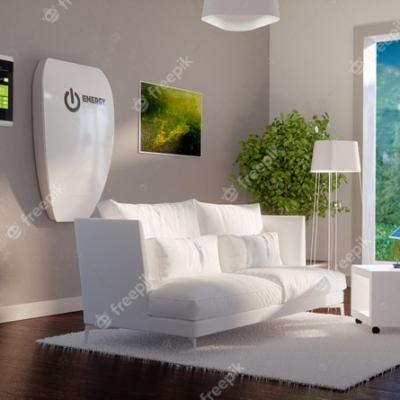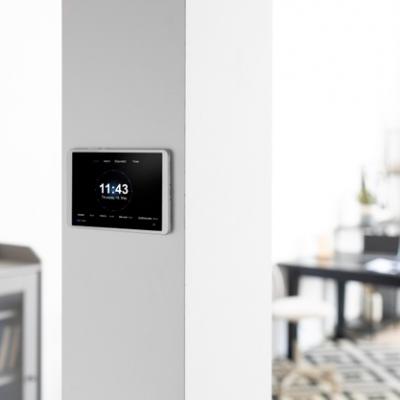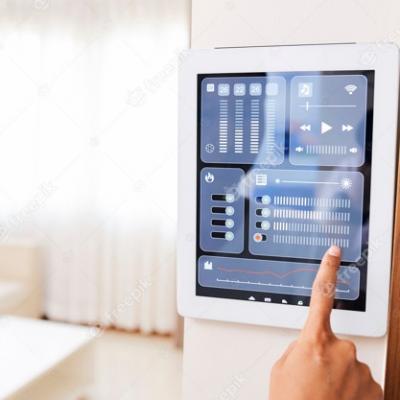As smart homes become more prevalent, the amount of data they generate about our daily lives is staggering. From when you turn on the lights to the temperature you prefer at night, smart devices are constantly collecting information.
This raises important questions about data privacy and how to protect it in a connected home. Here’s why data privacy is crucial in smart homes and how you can safeguard your personal information.
1. Understanding the Data Collected
Smart home devices collect a variety of data to function properly. This can include audio recordings from voice assistants, video feeds from security cameras, usage patterns from smart thermostats, and even the times when you come and go from your home. While this data can be useful for personalizing your smart home experience, it can also be sensitive if accessed by unauthorized parties.
2. Risks of Data Exposure
The data collected by smart home devices can potentially be exposed in several ways. Cybercriminals may hack into devices to steal personal information, while companies might use or sell your data for marketing purposes. In some cases, even law enforcement could request access to your data without your knowledge. This makes it essential to understand where your data is stored, who has access to it, and how it’s being used.
3. Protecting Your Data
To protect your data, start by reviewing the privacy policies of the smart home devices and services you use. Make sure you understand what data is being collected, how it’s being stored, and who it’s being shared with. Opt for devices and services that prioritize data encryption and offer clear privacy controls.
Additionally, consider limiting the data your devices collect. For example, you can disable certain features, like voice recordings or location tracking, if they are not essential to your smart home setup. Also, regularly delete old data that is no longer needed, such as video recordings from your security cameras.
4. Secure Your Smart Devices
As with any internet-connected device, securing your smart home devices is crucial to protecting your data. Follow best practices such as changing default passwords, enabling two-factor authentication, and keeping your devices updated. This reduces the risk of unauthorized access to your personal information.
5. Educate Yourself on Privacy Laws
Familiarize yourself with local and international privacy laws that may apply to your smart home devices. Understanding your rights can help you make informed decisions about the devices you use and how they handle your data. In some regions, laws like the General Data Protection Regulation (GDPR) in Europe provide robust protections for personal data and give consumers more control over their information.
Data privacy is a critical aspect of smart home ownership. By taking proactive steps to protect your personal information, you can enjoy the benefits of a smart home without compromising your privacy.








